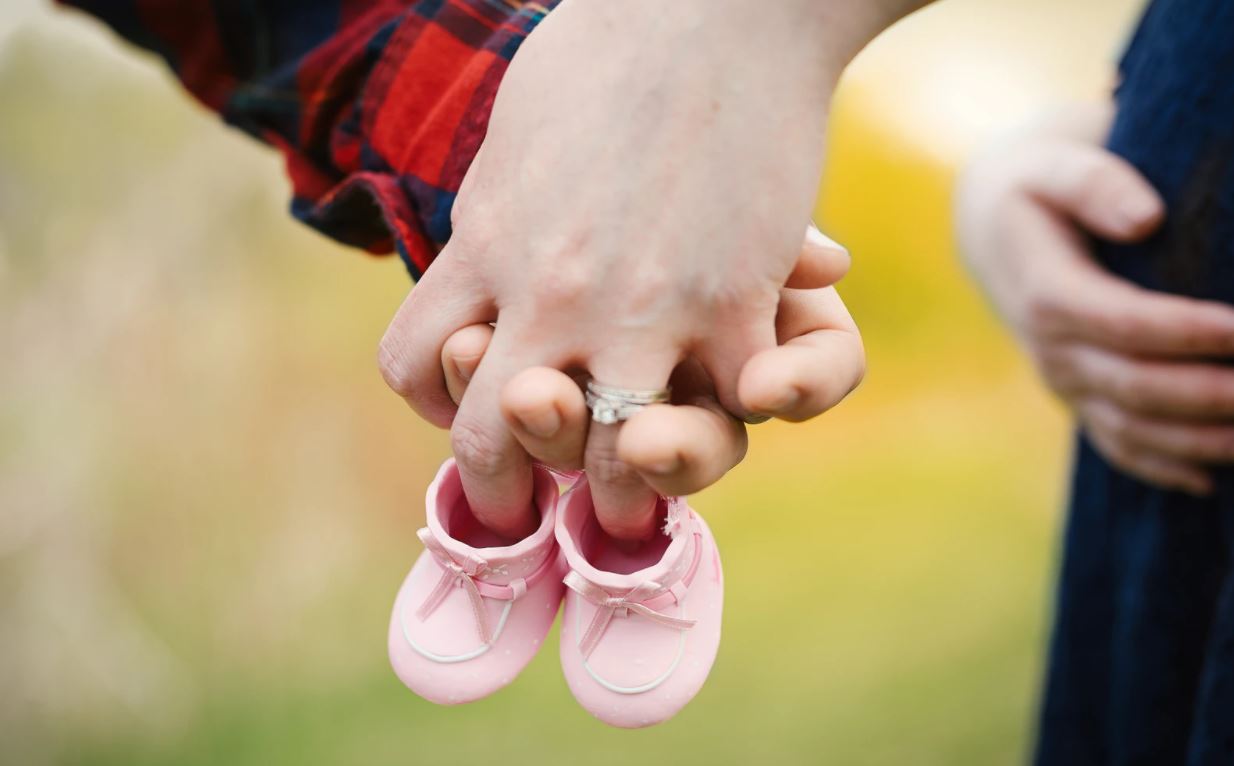Female fertility is more common than ever these days. Lifestyle stress, environmental pollution, obesity, and genetic abnormalities are often responsible. At times, you may fail to conceive because you cross the fertile age. Even worse, some women suffer from unexplained fertility as nothing seems wrong with them. Whatever the reason, infertility is daunting. However, it is easy to treat in most cases, provided that you seek help early. Knowing the early signs helps as you can get treatment on time before the problem progresses beyond resolution. Here are the early signs you must watch out for.
Aging
If you delay pregnancy till mid-thirties, there are good chances you will face problems when you try conceiving. It makes sense to see a fertility specialist before planning because they can assess your case and recommend medications or treatment to assist pregnancy. The risk of miscarriage and congenital abnormalities also runs high for women who wait till a later age. But seeing a doctor can help in averting them.
Irregular menstruation
Having irregular periods when you are young can be normal because the cycle takes time to get regulated. But an irregular cycle even past the teenage years is a red flag you shouldn’t ignore. It can be an indication of an ovulation problem, which means you can have problems getting pregnant. Cycles less than 24 days and over 35 days need careful scrutiny, so you must report them to a specialist. They often prescribe medicines to regulate ovulation and improve the chances of conception.
Excessive pain and cramps during periods
Another sign that requires attention is excessive pain and cramps during periods. Do not ignore painful sex because it may also be an early indication of infertility. Specialists state that endometriosis is the most common reason for this sign. The condition causes the uterine tissue to grow outside of it. The inflammation interferes with fertilization and implantation. Endometriosis may even lead to more serious problems like ovarian cysts. Thankfully, surgical procedure addresses the issue in most cases.
History of STI or abdominal surgery
Another sign of fertility issues is a history of STI or abdominal surgery. A sexually transmitted infection back in college, appendix surgery as a youngster or a postpartum infection with the first pregnancy can elevate the risk. You may not even suspect a problem until a scan shows inflammation and scar tissue blocking the fallopian tubes or impairing their function. Surgery may help, but assisted reproduction is a better option for women with blocked or impaired fallopian tubes.
Thyroid issues
Both an underactive or overactive thyroid gland can lead to fertility issues in women. Hypothyroid or a sluggish thyroid requires you to take hormone medication to get it back to normal. In most cases, it restores fertility with a treatment cycle of three to six weeks. Hyperthyroid is harder to treat and may even require radioactive iodine therapy and removal of the thyroid gland. You will need to wait 12 months after radioactive iodine treatment to try for conception.
Although female infertility is common, timely action can resolve the problem and help you get pregnant. But everything boils down to finding a seasoned specialist who can give the best treatment according to your condition.




